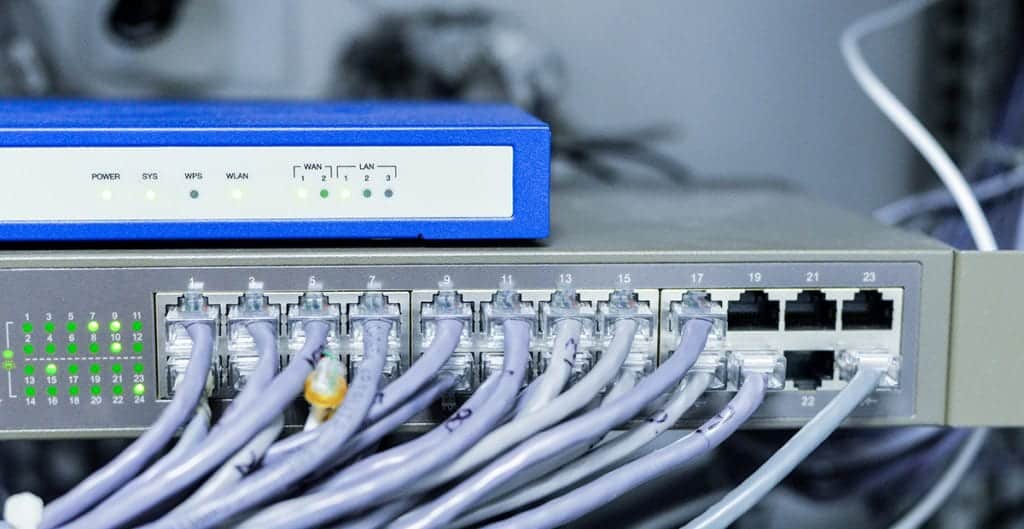If you suspect that your computer has been infected by a virus or other malware, it may be time to call in our experts at Manhattan IT Support. However, you need to first make sure that your computer’s security has been actually compromised, and not just malfunctioning due to some other reason.
Here are a few most common things that occur if you have a malware infection in your computer:
The Computer slows down
A sluggish computer might be very well a sign of aging or outdated hardware. However, if your computer is relatively new and was functioning quite well, then any sudden changes should be suspect. If your computer was able to load programs quickly, but one day struggles to complete a task then you could be looking at the work of a computer virus.
Pop-Ups all over the Desktop
Quite a serious issue till a few years ago, this type of virus is less prevalent nowadays. These popups run the gamut from hopeful – “Congrats, you are a winner!” – to fearsome – “WARNING! YOUR SYSTEM IS UNDER THREAT”. You can be sure that your computer has been infected, but only end up installing even more malware on your computer if you click on the popup.
The popups on your browser on the other hand, while annoying aren’t necessarily an infection like popups on your desktop are. Ensure you’re using a modern up-to-date secure browser that incorporates popup detection and blocking.
The Blue Screen
The dreaded screen of death is an inevitable experience for most Windows users. These are the result of a system crash and can occur on uninfected computers for a variety of reasons, including faulty hardware or corrupt drivers.
Though people often equate BSOD’s with viruses, it’s rather unlikely. If a virus keeps shutting down your system, it won’t be able to propagate throughout networks and systems. If you chance across a BSOD after installing new hardware or software, you can usually roll back to a previous state of your OS after booting from safe mode.
Ransomware
The modern kind of malware, that’s much easier to identify (and much harder to get rid of) than the average virus. When a system gets infected with ransomware, the program locks up your files and ask you for money to regain access. It’s best to have a backup copy of your files ready at all times!
Listen to Your Friends (Contacts)
At times, you might get to know of weird messages being sent out by you either through email or social networks. Some malware procure your password to gain access to your accounts, and proceed to send out messages to contacts with embedded malware. You can take preventive measures like strong and unique passwords for your accounts, and strictly monitoring the sort of files you send and receive.
There are other types of malware that after infecting your computer, proceed to do nothing and bide their time, waiting for the perfect time to strike. So even if your computer doesn’t show any symptoms, you could still have an infected system.



